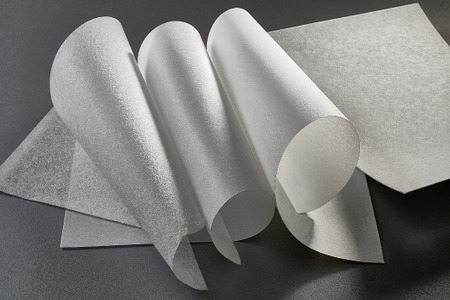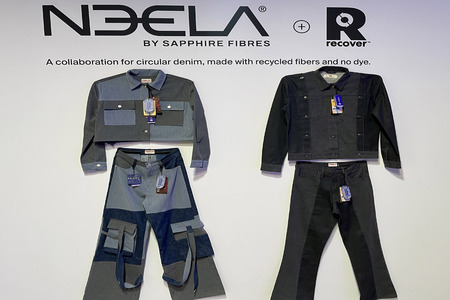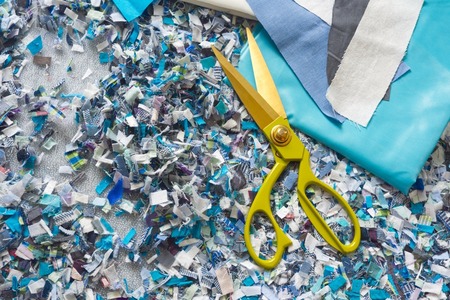
Textile waste upcycled into 28,000 pairs of jeans by Diesel
YarnsandFibers News Bureau 2023-06-13 17:33:37 – ItalyDiesel, a brand owned by the OTB Group, will launch 28,000 pairs of jeans this autumn that are constructed with at least 20% recycled fibres supplied from its Tunisian supply chain.
The United Nations Industrial Development Organisation (UNIDO) and Diesel collaborated to create a closed-loop recycling solution for fabric-cutting waste last year. The project, which is a component of the EU-funded SwitchMed Programme, aims to demonstrate how manufacturing wastes may and should be considered as resources and how circular business models that are extended to the full supply chain can lead to more responsible raw material use.
In order to increase the value of pre-consumer textile waste, UNIDO and Diesel have principally concentrated on creating a local business ecosystem in Tunisia. Starting at the clothing factories, cutting scraps are sorted. The remnants are then mechanically recycled to create regenerated cotton fibres, which are subsequently added back into the spinning and weaving processes for denim fabrics.
Diesel's denim manufacturing in Tunisia generated about 7,500 kg of textile cutting waste, which was collected and delivered to recycling facilities. 28,000 pairs of jeans were made from the 46,000 metres of recycled cloth that these factories generated. Diesel's Spring/Summer 2024 collection will use 4,200 kg of additional textile-cutting waste that has been sent to recycling facilities to be incorporated into materials.
According to Andrea Rosso, Diesel's sustainability ambassador, the project is in line with the company's long-term For Responsible Living sustainability strategy and helps the company achieve the UN Sustainable Development Goal 12 of responsible consumption and production. “Here at Diesel, we foster creative ways to reuse or recycle products and waste across our value chain and we believe that production scraps should be treated as a resource and a way to create innovation with our own product,” he said.
According to a recent UNIDO-commissioned research, Tunisia's textile industry generates over 31,000 tonnes of trash annually, of which 55 percent is categorised as scrap. Utilising recycled fibres could greatly lessen the industry's negative environmental effects, including water conservation, carbon emissions reduction, and the release of potentially dangerous chemicals.
“This pilot project demonstrates that capturing the value of waste within the local supply chain in Tunisia is not only technically feasible, but also economically and environmentally more attractive and beneficial than transporting such waste to other regions for recycling, or even worse discarding it altogether,” said Roberta De Palma, UNIDO chief technical adviser.
With the Swedish company Nudie Jeans, UNIDO previously tested a circular project in Tunisia to remake second-rate jeans—those with minor flaws like a discoloured wash, uneven stitching, or irregular cuts—into new ones. In excess of its intended aim of 15,000 pairs, the project turned 6,530 pairs of subpar jeans into 16,000 new pairs composed of 20 percent recycled cotton.
Market Intelligence
Ask for free sample Report

experience
Customer Base
dedicated team
Countries Served Worldwide









